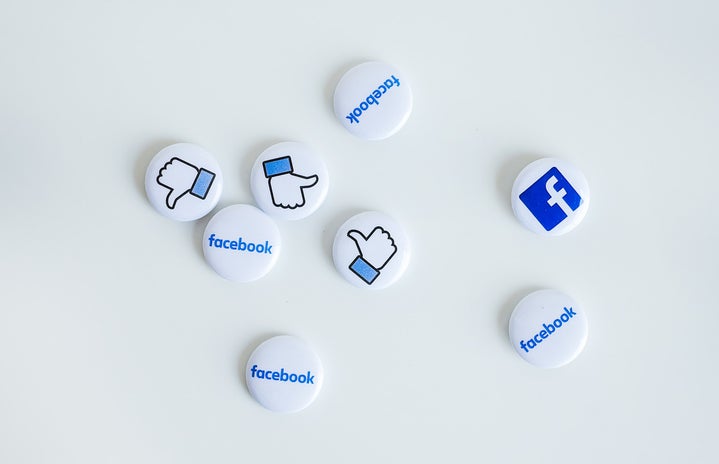As I sat around this weekend, I pondered about what to write for this article. Each hour of brainstorming led me back to thinking about David Carr.
David Carr, a New York Times journalist, died at the age of 58, in his New York Times office. I was one of 400 people in attendance at his public lecture at STU in 2013. He talked about how media has become mobile, and how often times the quality of journalist’s information is tarnished in social media “cesspools.”
Carr has been a huge influence in my journalistic career. He was a true champion for second chances. He was a remarkable journalist.
I would like to write an article this week that shows people how they can really get away from their cellphones, their social media, and start talking to people face-to-face.
1. Stop looking for reasons to perpetuate social media
We are automatically drawn to headlines – quick ads on Facebook (did you know: Facebook tailors your ads based on your search history). Just stop. I know this concept may be vastly beyond what we are used to these days, but the best we can do is just stop.
Don’t buy into the ads. Close the computer. Step away and pick up an actual book (not an e-book).
2. Shut off your phone for 24 hours
Our mobile phones contribute a lot to our social media connection. We use them to text, Tweet, Facebook and call all of our friends and family. Have you ever walked down the street and had someone almost run into your because they were over consumed with the use of their mobile device? Have you ever gone to Starbucks and saw more people their into their phones than talking to the people at their table – or even reading a book? It’s a harsh reality. We cannot function without these tiny devices. They run our lives.
So, turn it off. This will force you – if you want to talk to someone out into the world and talk to someone face-to-face. It forces you to put your head up when you walk. It may seem like a lifetime, but it isn’t. Put it down, shut it off.
3. Log out of social media on all your devices
If you end up neglecting to do #2, do this. Turn off the notifications to all of your social media devices. Chances are, if you don’t see or hear your social media devices you are less inclined to pick them up and get lost in the world of the Internet.
Sometimes, even if you are sitting next to your phone or computer, you think something is happening but it actually isn’t. So we pick the device up and the cycle begins. So, just log out.
4. Invite your friends over for a home-cooked meal
Chances are if you’re online, you’re chatting with friends. Why not invite them over? The next scene I present to you is far more common then you think: you’ll likely end up texting other people or surfing the web.
The common question, “Hey, what’s your WiFi password?” is an instant mood-killer.
Put down your phones. Turn up some music. And together, come up with a favorite recipe and dessert to make. Preparing an actual meal is taxing, and will force you to use your hands for more then just your thumb muscles. Not only that, but you can actually talk to your friends.
5. Take a walk
I know the cold temperatures and huge amounts of snow can be depressing and discouraging. But, Fredericton is a beautiful city. You can bundle up in some warm clothes and head out with a friend. Without your cellphone!
Pro tip: I recommend taking a camera with you, though. You never know what you might see!
What inspired me to write this article was how much time I spent using social media devices. Literally, I was sitting in my bed the morning I received the news about Mr. Carr with three devices. Why did I need three devices? The simple answer is that I don’t – and that is a fundamental problem.
So take some time and go outside. Shut off your phone, log off Facebook. Because unfortunately, how short life can be is another important lesson we learned from David Carr.

